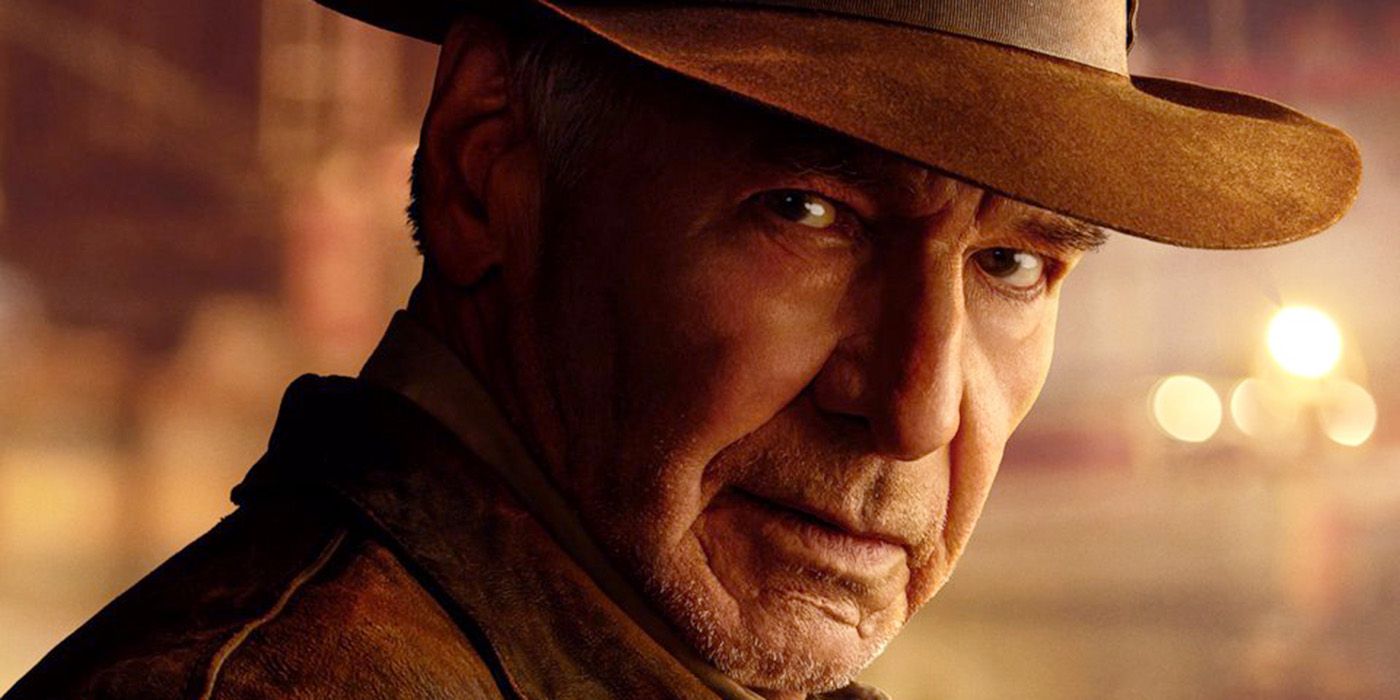Editor’s note: this article contains spoilers for Indiana Jones and the Dial of Destiny.
A lot has been made about the passing of time in Indiana Jones and the Dial of Destiny. The story itself is about age catching up with us, running out of time to fix what was broken in the past, and accepting it with grace, as Harrison Ford has so eloquently described in the build-up to the film’s release. Director James Mangold has been ruminating on just how important that theme of time is, now that the film has been released, in this interview with Inverse.
Like all of Indy’s adventures, we have a magical, mystical item that drives the plot. This time, it’s the Dial of Archimedes (aka the Antikythera mechanism). Jurgen Voller, a Nazi scientist played by Mads Mikkelsen, believes the dial – which was designed by ancient Greek mathematician Archimedes, holds the secret to time travel, and he has nefarious plans for it.
“The theme of the movie was time. My Indy is a 70-year-old Indy, and so I wanted not just time in the sense of travel, but time in the sense of, I can’t undo the mistakes of my past,” said Mangold. “I can’t be the guy I was then because the world has changed around me. Time and all its facets that catch up with us as we get older.”
Voller’s plan involves returning to Germany just prior to World War II really kicking off. And his plan? Kill Hitler. Which means maybe Germany would win the war. But to do that, we have Indy returning to Nazi Germany in World War II to fight the Nazis and save Hitler? To Mangold, something didn’t sit right – it was missing that key emotional facet. The Dial, it turns out, can only bring people back to the time it was created. Something Voller did not anticipate.
“I would never make this choice without ruminating over lots of choices. The other interesting thing was that one of the things I thought about was even if we did travel in time, would Mads’ theory be right and they’d land in Nazi Germany? And the last act of the movie would be Indy trying to foil Mads’ plan? But the more I sketched that out in my mind, the more that became kind of just a spy movie at the end. I couldn’t find a way to emotional resonance.”
And the best way for Mangold to do that? Take Indy somewhere he’s always dreamed of seeing. That emotional climax sees Indy decide he’s going to stay – wounded badly – and witness the Battle of Syracuse alongside Archimedes himself. Of course, he’s not allowed to do that, but we all believe he’s going to. And that’s where we get the true emotional beat of the story.
“It occurred to me that we’ve been talking about three different time periods a lot in the movie: 1968, 1944, and 200 BC. So why don’t we go there? Because that’s the only one I’ve been hearing a lot about but I haven’t seen. The idea immediately moved me. Indy’s character would suddenly be faced with something he’s only imagined all his life. The reality of something he’s been only looking at through the keyhole of history and artifacts and is suddenly in it. And what a powerful moment that might be for Harrison himself to play.”
Indiana Jones and the Dial of Destiny is in theaters worldwide now. Catch our interview with James Mangold down below.
Meta Data: {“keywords”:”Indiana Jones, Dial of Destiny, time”}
Source link
